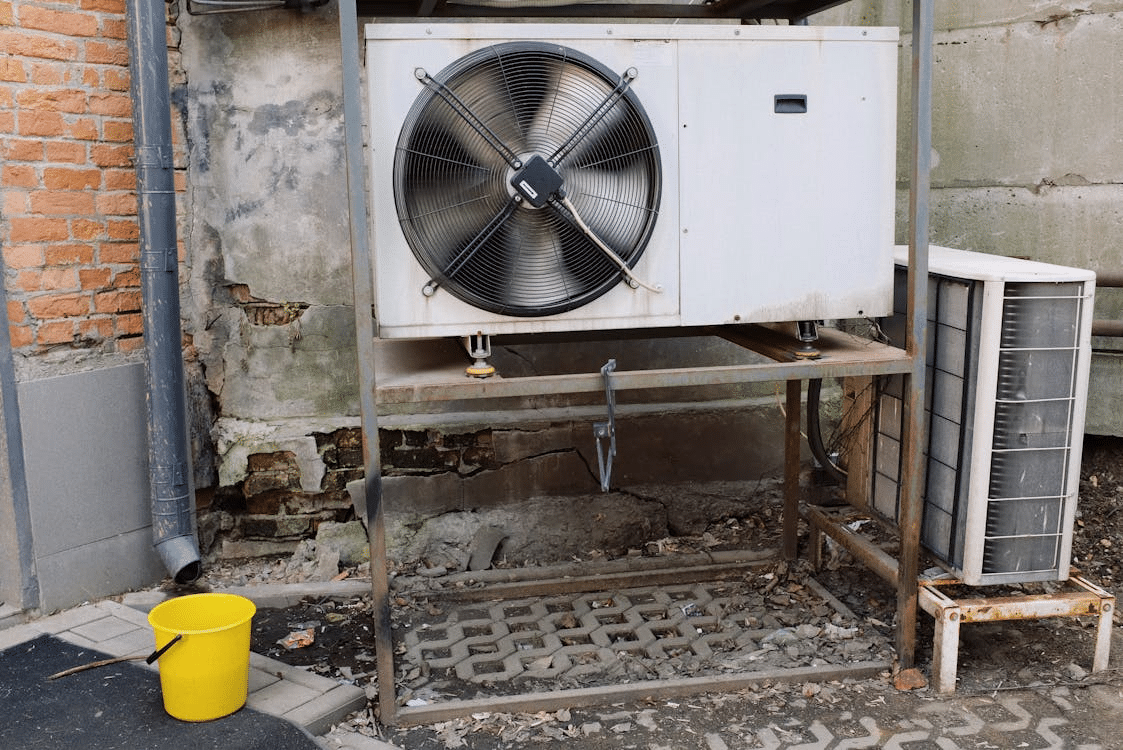15 Ways Your Home Could Harm Your Health
Did you know that your home might be working against your health? Are you surprised to learn that we tend to gain the most weight at home? In this article, we explain how your home affects your health and provide tips on making small changes that can help you stay healthier.
1. Your Living Room is Too Comfortable

After a long day at work, it’s tempting to flop onto the couch and stay there until it’s time for bed. People read, shop online, try MGA betting sites, or do other things online without moving, and that’s a problem.
Scientists haven’t yet pinpointed exactly why a sedentary lifestyle is harmful, but the most obvious explanation is that the less we move, the less energy we burn. This leads to excess sugar in the blood, which can contribute to diabetes and other weight-related health risks.
2. Your Cupboards are Full of “Empty Calories”
“Empty calories” refer to foods high in fats and carbohydrates but low in nutritional value. Ice cream, sweets, biscuits, and crisps are examples of foods with empty calories. When you have such snacks easily available in your kitchen, you will surely eat them in the mid-afternoon or late at night when cravings are strong.
3. Too Much Light in Your Bedroom

Increasing research shows that the level of light in your bedroom affects both your sleep and your weight. A study published in the American Journal of Epidemiology found that participants who slept in dark rooms were 21% less likely to be obese than those who slept in lighter environments. This is due to melatonin, the sleep hormone, which isn’t produced well when there’s too much light. Without enough melatonin, people struggle to sleep and lose weight.
4. Poor Ventilation
If your home doesn’t have proper ventilation, dust, allergens, and toxins from cleaning products can accumulate. This often causes allergies, and even headaches. Make sure you regularly air out your rooms. Openin windows or use air purifiers to reduce indoor pollution.
5. Mould and Dampness
Damp environments promote mould growth, which leads to respiratory problems. To prevent mould, check for leaks, ensure proper ventilation, and invest in a dehumidifier if necessary.
6. Many Scented Products
Air fresheners, candles, and scented cleaning products may make your home smell nice, but they can release harmful chemicals into the air. Volatile organic compounds (VOCs) can irritate your lungs and contribute to headaches and dizziness. It’s better to use natural alternatives, such as essential oils or plants, to freshen the air.
7. Your Plates Are the Wrong Size
Place the same amount of food on a large plate and a medium plate, and due to how we perceive things, the portion on the large plate will seem smaller. When we serve food on bigger plates, we subconsciously want to fill the space, causing us to eat more. Research from Cornell University found that both adults and children who ate from large plates consumed 44% more calories.
8. Not Enough Natural Light
A lack of natural light in your home can lead to vitamin D deficiency, which can affect your mood and overall health. Natural light helps regulate your circadian rhythm and improves mood. Try to let in as much natural light as possible. Keep curtains open during the day and use light-coloured decor to reflect light.
9. Cluttered Spaces
A cluttered environment can increase stress levels and contribute to anxiety. So, declutter your space to create a more calming environment.
10. You Keep Your Fruits in the Fridge
If healthy food isn’t visible, you’re less likely to eat it. So why not keep your fruit on display? Most fruits don’t need to be stored in the fridge. In fact, having them out in the open not only keeps them within easy reach but also makes a lovely display.
Buy a fruit bowl and fill it with colourful, healthy options like apples, oranges, and pears. Another trick to encourage healthier eating is to cut up vegetables and store them in a clear container at eye level in the fridge—perfect for a quick, light snack.
11. Your Home is Too Warm
Sleeping in a cooler room during the winter helps you gradually burn fat. Participants in one study spent several nights in rooms at neutral temperatures (23°C), cooler settings (18°C), and warmer conditions (30°C). After four weeks, those who slept at 18°C nearly doubled their levels of brown fat—a type of fat that can quickly break down and give your body energy and warmth. In cooler environments, brown fat starts to burn.
12. Too Many TVs
The more time you spend watching TV, the higher your risk of obesity. Never put a TV in the kitchen, as it will tempt you to stay close to the food. Also, reduce the number of TVs in your home and limit the time you spend watching them.
13. You Hide All Your Fitness Equipment
When dumbbells, bikes, and treadmills are out of sight, they’re out of mind. Instead of stashing dumbbells under the bed and putting your treadmill in the furthest corner, place them where you spend the most time in your home.
14. Dry Air in Winter
Dry air can irritate your skin, throat, and nasal passages, making you more susceptible to illness. Use a humidifier during the winter months to maintain a comfortable level of moisture in the air.
15. Pets
Many families have pets. But in addition to the joy of communicating with them, owners may also face such a problem as an allergy to animals.Regularly clean pet bedding, vacuum your home, and groom your pets to minimise the impact on your allergies. It’s best if someone else in the family, not the person with allergies, cleans up after the pet.
We will add some more tips on how to improve your home and, in turn, your health in the next article. Meanwhile, try to apply the tips from this article to your life, and you’ll notice many improvements in your health and mood.







